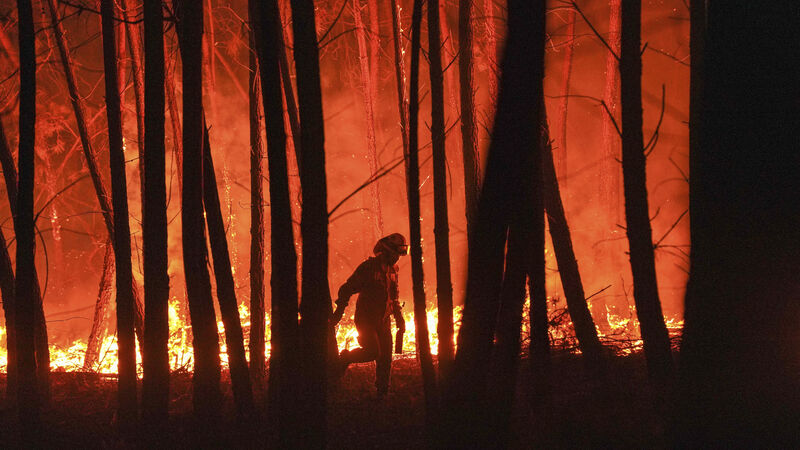Latest UN report to reveal if keeping global warming to 1.5C is still on target

The IPCC warned in April last year it was 'now or never' if the world is to limit global warming to 1.5C. File picture: AP/Sergio Azenha
The final UN-backed assessment on the current state of global climate change will be published on Monday, with warnings from Irish environmentalists that staving off the worst of the fallout is "slipping from our grasp".
The Intergovernmental Panel on Climate Change (IPCC) will release its "synthesis report" from its sixth assessment cycle in order to inform the forthcoming UN global stocktake of climate change.










